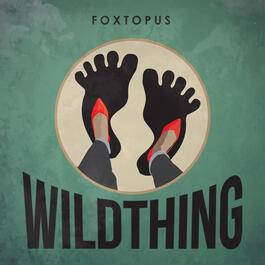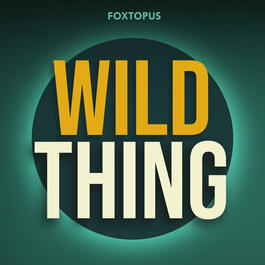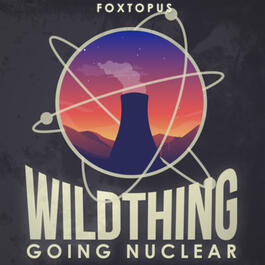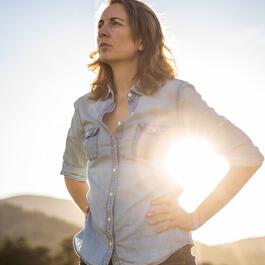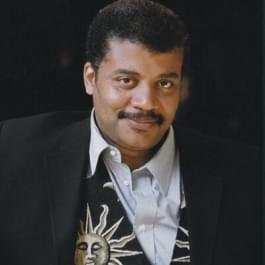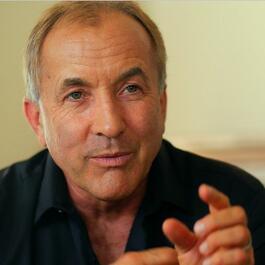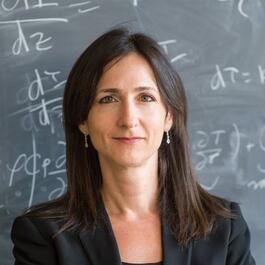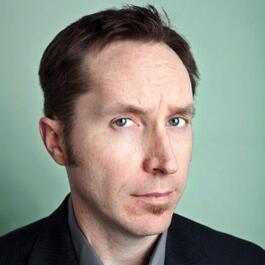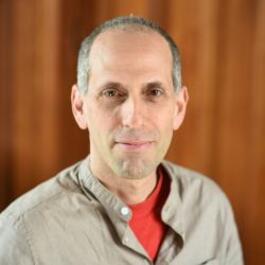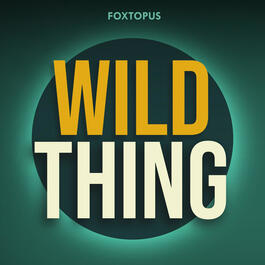
Wild Thing
Wild Thing is a long-form, narrative podcast about the obsessions that capture our imaginations. This sound-rich and deeply reported show examines the relationship between science and society—that point where scientific inquiry collides with our very human desire to find answers, even when there are none. Whether it's seeking out Sasquatch, looking skyward for extraterrestrial life, or probing the power of the atom, exploring the unknown helps us better understand ourselves. Every season, host Laura Krantz tackles a brand new topic, so be sure to start with the first episode for each one.
Show episodes
On September 10, 2025, Jeff Meldrum passed away after a battle with brain cancer. I interviewed him multiple times for the first season of Wild Thing and he was incredibly generous with his time and extremely patient in answering my questions about Bigfoot. In memory of him, I’ve excerpted a section from one of our in
Wild Thing is re-releasing its bonus interviews! Hear an extended conversation with Bob Gimlin, half of the famous duo that shot the Patterson-Gimlin film back in 1967.
Blood Vines is a full-bodied podcast that uncorks the never-before-told story of the Licciardi family - one of the most powerful wine dynasties in California history - who almost brought down the entire industry over a bloody battle for succession. Grab a glass of your favorite wine and join me as we dive into a story
In memory of Peter Byrne, the longest-surviving member of the Four Horsemen of Sasquatchery. After looking for Bigfoot for decades, the 97-year-old tracker passed away in August 2023. Host Laura Krantz had the opportunity to interview him in 2017, and learned that his search for Sasquatch was only one adventure in a li
Announcing "The Search For Sasquatch", a middle-grade, non-fiction book based on the first season of Wild Thing! Both the hardcover book and the audiobook (narrated by Laura Krantz), will be out on October 11, 2022. Here's a sneak listen to the first chapter. The audiobook is available for preorder here and there's als
A faulty reactor overheats, melting through its containment unit and poisoning a nearby town with radioactive gas. A spacecraft pushes further into deep space, exploring new galaxies, powered by a small nuclear reactor. An ordinary scientist is struck by cosmic rays—and finds he has new powers. Fiction? Or fact? Or a l
